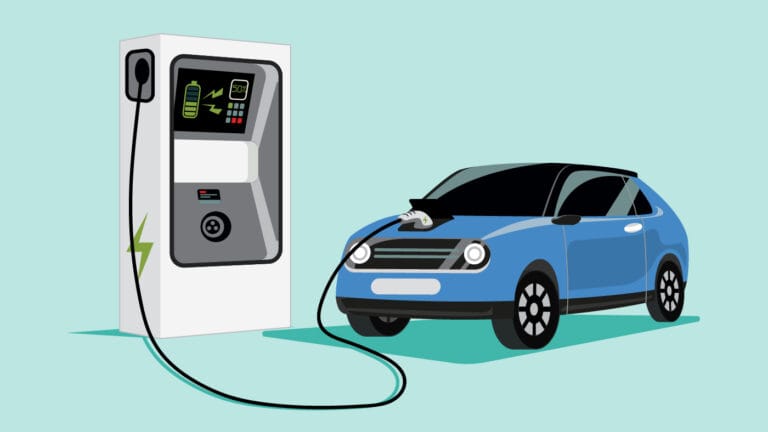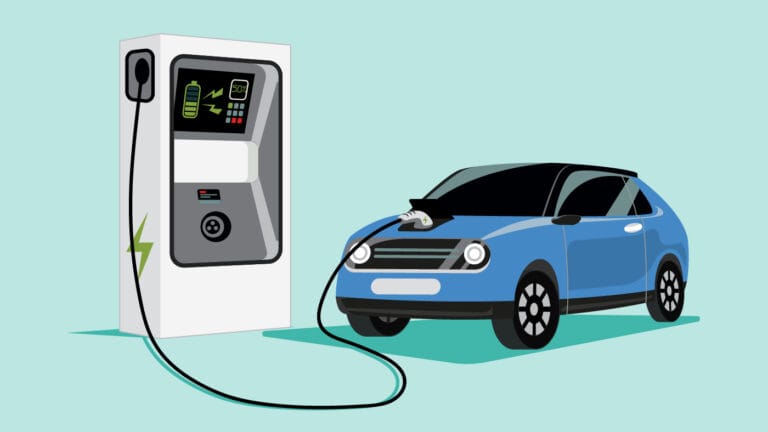Mitigative and Adaptive Practices in Electric Vehicle Adoption.
In the pursuit of sustainable and eco-friendly transportation, electric vehicles (EVs) have emerged as a promising solution to curb emissions and reduce our dependence on fossil fuels.


In the pursuit of sustainable and eco-friendly transportation, electric vehicles (EVs) have emerged as a promising solution to curb emissions and reduce our dependence on fossil fuels. As the world transitions towards a greener future, the adoption of electric vehicles comes with its own set of challenges. Mitigative and adaptive practices are essential in addressing these challenges, ensuring a smooth and successful transition to an electrified transportation ecosystem.
Mitigative Practices:
- Charging Infrastructure Development:
One of the primary challenges hindering widespread EV adoption is the availability of charging infrastructure. Mitigative practices involve strategic planning and investment in the development of a robust charging network. Governments and private entities must collaborate to install charging stations in urban centers, along highways, and in public spaces.
Read: Policies and Solutions to Mitigate Electric Vehicle Adoption in Developing Countries.
- Incentives and Policy Support:
Governments worldwide have recognized the importance of providing incentives to stimulate EV adoption. Mitigative practices include offering tax credits, rebates, and subsidies to both consumers and manufacturers. Clear and supportive policies, such as exemptions from tolls and reduced registration fees, create a conducive environment for electric vehicle growth.
- Technological Innovation:
Ongoing research and development in EV technology are crucial for mitigating challenges related to range anxiety and battery performance. Investments in advanced battery technologies, increased energy density, and faster charging solutions contribute to overcoming these hurdles and enhancing the overall efficiency of electric vehicles.
See: Electric cars could save our planet
Adaptive Practices:
- Public Awareness and Education:
Addressing misconceptions and building public awareness is an adaptive practice that ensures a positive reception of electric vehicles. Educational campaigns help consumers understand the benefits of EVs, dispel myths, and familiarize them with the evolving technology. This adaptation is vital in creating a supportive consumer base.
- Fleet Electrification:
Businesses and governments can adapt to the electric transition by electrifying their fleets. This not only contributes to a reduction in carbon emissions but also demonstrates the practicality and reliability of electric vehicles in various applications. Adopting EVs into corporate fleets encourages further innovation and acceptance.
- Collaboration and Partnerships:
Adaptive practices involve fostering collaboration between governments, industry stakeholders, and research institutions. Partnerships can lead to the sharing of knowledge, resources, and expertise, accelerating the development of sustainable solutions. Collaborative efforts ensure a collective response to challenges and foster a supportive ecosystem for electric mobility.
Read: East Africa electric vehicle transition.
Conclusion:
Mitigative and adaptive practices are essential components in steering the electric vehicle adoption journey toward success. As the world collectively strives for a greener and more sustainable future, addressing challenges with strategic planning, technological advancements, and collaborative efforts will pave the way for a transformative shift in the global transportation landscape. Electric vehicles are not merely vehicles; they represent a sustainable and adaptive approach to modern mobility, promising a cleaner and healthier planet for generations to come.




